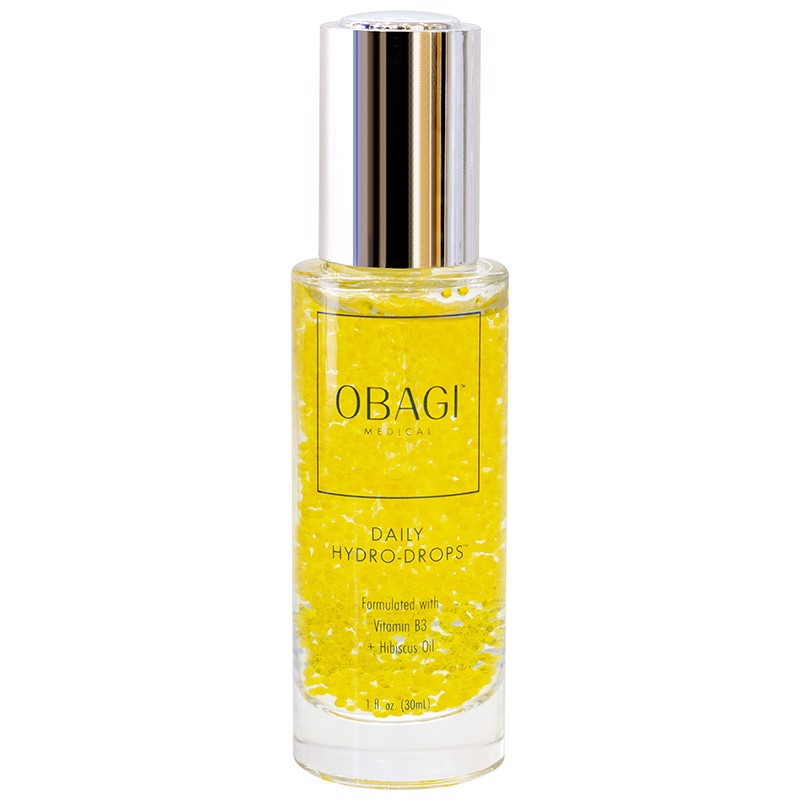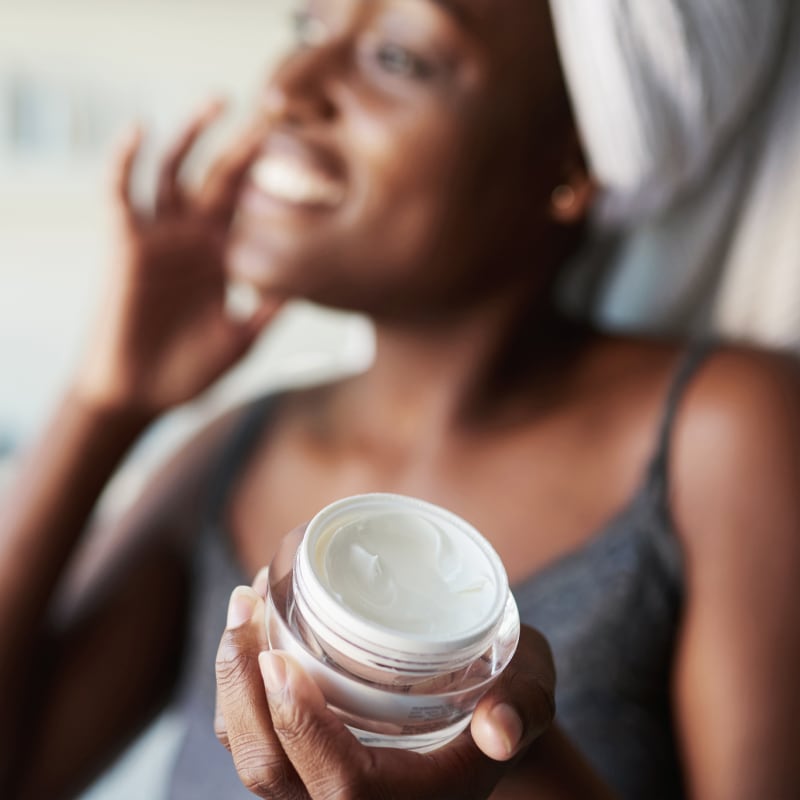Understanding Ivermectin in Skincare: Uses, Benefits, and Considerations
Posted on 17th October 2024
Ivermectin, a medication primarily known for its antiparasitic properties, has found a niche role in dermatology. It’s not just about combating parasitic infections anymore—ivermectin is now a recognized treatment for certain skin conditions, offering relief to individuals struggling with persistent dermatological issues. Let’s delve into how ivermectin works in skincare, its benefits, and considerations for its use.
How Does Ivermectin Work in Skincare?
Ivermectin’s primary action in skincare is twofold:
- Antiparasitic Effects:
Ivermectin is effective against certain skin-dwelling parasites like Demodex mites, microscopic organisms that naturally live on human skin. Overgrowth of these mites has been associated with conditions like rosacea. By targeting these mites, ivermectin helps reduce inflammation and symptoms. - Anti-inflammatory Properties:
Beyond eliminating parasites, ivermectin also has anti-inflammatory effects. It reduces the release of pro-inflammatory cytokines in the skin, which can help calm redness, swelling, and irritation often seen in conditions like rosacea.
Uses of Ivermectin in Skincare
- Rosacea:
- Subtype Focus: Ivermectin cream is particularly effective for papulopustular rosacea, a type of rosacea characterized by redness and acne-like bumps.
- Benefits: Regular use of ivermectin can significantly reduce the number of inflammatory lesions and improve overall skin texture.
- Demodex Overgrowth:
- Overpopulation of Demodex mites is linked to various skin conditions, including some cases of blepharitis (eyelid inflammation). Ivermectin helps regulate these populations.
- Other Emerging Uses:
While its primary dermatological use is for rosacea, ongoing research is exploring ivermectin’s potential role in other inflammatory skin disorders.
How is Ivermectin Used in Skincare?
- Topical Formulations:
Ivermectin is available as a 1% cream, commonly branded as Soolantra®. It is applied once daily to affected areas, typically in the evening. - Results Timeline:
Patients often notice improvements within 2-4 weeks, with significant changes after 12 weeks of consistent use. - Combination Therapy:
Ivermectin is sometimes used alongside other treatments, such as oral antibiotics or laser therapy, for comprehensive rosacea management.
Benefits of Ivermectin for Skin
- Targeted Action:
Ivermectin addresses a specific cause of rosacea (Demodex overgrowth), making it an effective option for patients who haven’t responded to other treatments. - Dual Benefits:
Its combination of antiparasitic and anti-inflammatory effects helps tackle both the root cause and the symptoms of certain skin conditions. - Well-Tolerated:
Most people tolerate ivermectin cream well, with minimal side effects like mild dryness or irritation.
Potential Side Effects and Considerations
While ivermectin is generally safe, some individuals may experience:
- Skin Irritation: Redness, dryness, or burning sensation at the application site.
- Allergic Reactions: Though rare, some users may develop an allergic response.
Precautions:
- Always follow your dermatologist’s instructions when using ivermectin.
- Avoid using it on broken skin or in conjunction with harsh skincare products that might irritate the skin.
Who Should Avoid Ivermectin?
Ivermectin is not suitable for everyone. Individuals who are pregnant, breastfeeding, or have specific allergies should consult their healthcare provider before starting treatment.
The Science Behind the Trend
Ivermectin’s rise in skincare reflects a growing understanding of the role of the skin microbiome and its impact on inflammatory skin conditions. By targeting both microbes and inflammation, ivermectin has become a valuable tool in dermatology.
Conclusion
Ivermectin is a game-changer for individuals struggling with persistent rosacea or Demodex-related skin issues. Its targeted approach, coupled with a favorable safety profile, makes it a cornerstone of modern dermatological care.
However, as with any medication, proper usage under the guidance of a dermatologist is essential. If you’re considering ivermectin as part of your skincare regimen, consult a healthcare professional to ensure it’s the right fit for your needs.
Disclaimer: This post is for informational purposes only and does not constitute medical advice. Always consult a qualified dermatologist for personalized skincare guidance.



